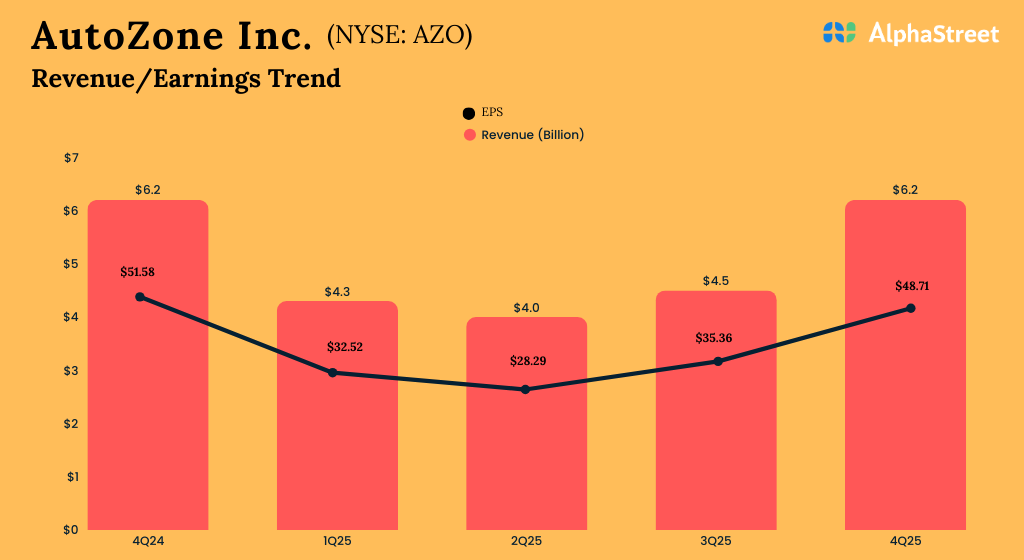Bank Secrecy Act: The Foundation of Cash Reporting
The Bank Secrecy Act (BSA) of 1970 established the framework for financial reporting requirements that exist today. This legislation requires banks and other financial institutions to assist government agencies in detecting and preventing money laundering. For Arizona residents, this means your local banks must comply with these federal regulations, regardless of state-specific banking laws.
Currency Transaction Reports (CTRs) Explained
The most common reporting mechanism is the Currency Transaction Report (CTR). Banks are required to file a CTR whenever you conduct cash transactions exceeding $10,000 in a single day. This includes deposits, withdrawals, currency exchanges, or other cash transactions.
Important facts about CTRs that Arizona residents should know:
The $10,000 threshold applies to the total of all cash transactions conducted in a single business day.
Multiple transactions at different branches of the same bank are aggregated.
CTRs are filed with the Financial Crimes Enforcement Network (FinCEN).
These reports include your personal information, account numbers, and transaction details.
Simply having a CTR filed does not automatically trigger an IRS audit or imply illegal activity.
Structured Transactions: A Dangerous Territory
Some individuals attempt to avoid CTR filings by “structuring” their transactions—breaking down large cash amounts into smaller deposits below the $10,000 threshold paid over a period of time. This practice is illegal under federal law and can result in severe penalties, including fines up to $250,000 and up to five years in prison. Banks in Arizona and nationwide are trained to identify potential structuring and are required to report suspicious patterns.
Suspicious Activity Reports (SARs)
Unlike CTRs, Suspicious Activity Reports don’t have a fixed dollar threshold. Financial institutions file SARs when they detect potentially suspicious transactions or behavior. What constitutes “suspicious” is somewhat subjective, but can include unusual cash activity for your account type, transactions that appear to lack a legitimate purpose, or activity consistent with money laundering.
Key aspects of SARs that affect Arizona banking customers:
Banks cannot disclose to customers that a SAR has been filed.
SARs may be filed for transactions well below $10,000.
These reports are highly confidential and accessible only to law enforcement.
Financial institutions maintain records of SARs for five years.
Form 8300: Business Cash Transaction Reporting
Beyond banking regulations, businesses in Arizona must file Form 8300 when they receive more than $10,000 in cash in a single transaction or related transactions. This requirement applies to:
Real estate transactions
Vehicle sales
Legal services
Accounting services
And many other business types.
Businesses must file Form 8300 within 15 days of receiving the cash payment and provide written statements to customers by January 31 of the following year.
Arizona-Specific Considerations
While reporting requirements are primarily federal, Arizona businesses should be aware that industries like real estate, precious metals, and cash-intensive businesses face heightened scrutiny. The Arizona Department of Revenue works collaboratively with the IRS on investigations triggered by cash reporting mechanisms.
Protecting Yourself While Staying Compliant
For law-abiding Arizona residents and business owners, cash transaction reports shouldn’t cause undue concern. To protect yourself:
Maintain detailed records of large cash transactions.
Be transparent with your financial institutions.
Never attempt to structure deposits to avoid reporting.
Consult with a tax attorney before engaging in unusual or large cash transactions.
Understanding cash deposit reporting rules is essential for proper financial management in Arizona. These reporting mechanisms—CTRs, SARs, and Form 8300—serve legitimate purposes in combating financial crimes. While they may seem intrusive, they primarily affect those attempting to conceal income or engage in illegal activities.
For legitimate businesses and individuals who properly report income on tax returns, these reports typically won’t lead to complications. However, if you regularly deal with large cash transactions or operate a cash-intensive business, consulting with a qualified tax attorney can help ensure you remain compliant with all reporting requirements while protecting your financial interests.
Remember that transparency and proper documentation are your best protections against unwarranted scrutiny from financial institutions or the IRS.
Book a free consultation with a Guardian Tax Professional today to get clear answers to your unique situation.




























